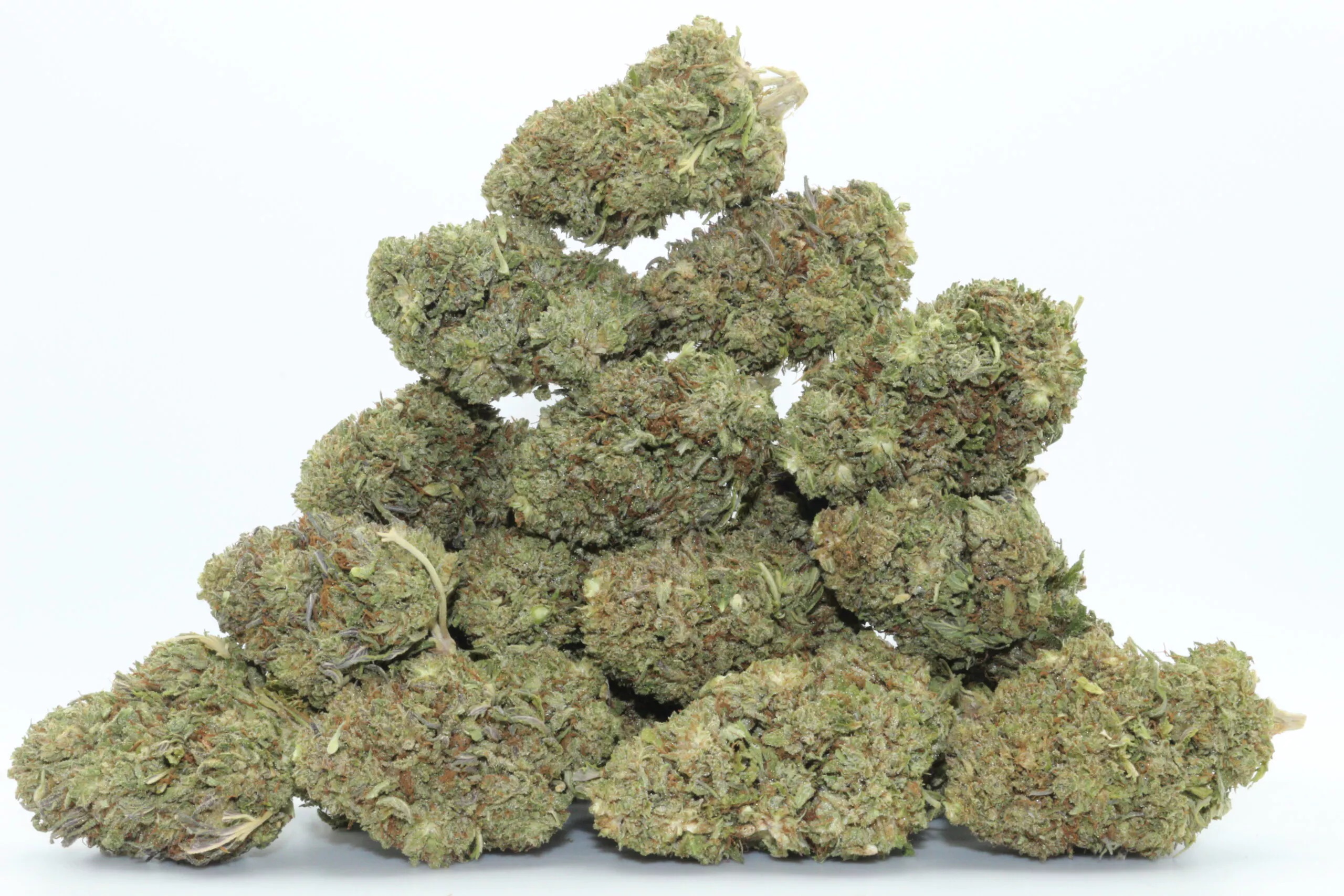By Sulaiman Aruna Sesay
Kush, a potent strain of marijuana, has gained popularity in many parts of the world, including Sierra Leone. While some may view its use as harmless, it is important to understand the potential effects of Kush on individuals, particularly on their health and well-being.
The use of Kush can have various physical effects on the body. These may include increased heart rate, bloodshot eyes, dry mouth, and impaired motor coordination. Long-term use can also lead to respiratory issues, such as chronic cough and bronchitis, due to the inhalation of smoke. Youth of Sierra Leone should take all the above listed effects and desist from smoking it.
Kush can also impact mental and emotional well-being. Some individuals may experience anxiety, paranoia, or even hallucinations after using the drug. Long-term use has been linked to an increased risk of developing mental health disorders, such as depression and schizophrenia. This can be clearly seen in the streets of Freetown. Many of the mentally disturb youth is as a result of Kush.
The cognitive effects: the active ingredient in Kush, THC (tetrahydrocannabinol), can affect cognitive function. This may result in impaired memory, attention, and decision-making abilities, particularly in young people whose brains are still developing. These effects can have a significant impact on academic and professional performance. Social and behavioural effects: the use of Kush can also influence social and behavioural patterns. Individuals may become withdrawn or disengaged from their usual activities and relationships. In some cases, the drug use may lead to risky behaviours and poor decision-making, potentially putting individuals at risk of harm or legal consequences.
Social and behavioural effects: the use of Kush can also influence social and behavioural patterns. Individuals may become withdrawn or disengaged from their usual activities and relationships. In some cases, the drug use may lead to risky behaviours and poor decision-making, potentially putting individuals at risk of harm or legal consequences.
The impact of Kush on youth is of particular concern. Adolescents and young adults are at a critical stage of development, and the use of Kush can disrupt this process. It may interfere with their academic performance, social relationships, and overall well-being, potentially setting them on a negative trajectory for the future.
To address the effects of Kush, it’s essential to take a comprehensive approach. This includes education and prevention efforts to inform individuals, particularly young people, about the risks associated with drug use. Access to treatment and support services is also crucial for those who may be struggling with substance abuse.
The effects of Kush on health and well-being are multifaceted and can have significant implications for individuals, particularly young people. By understanding these effects and taking proactive measures to address them, communities can work towards promoting the well-being of their members and mitigating the impact of drug use.










